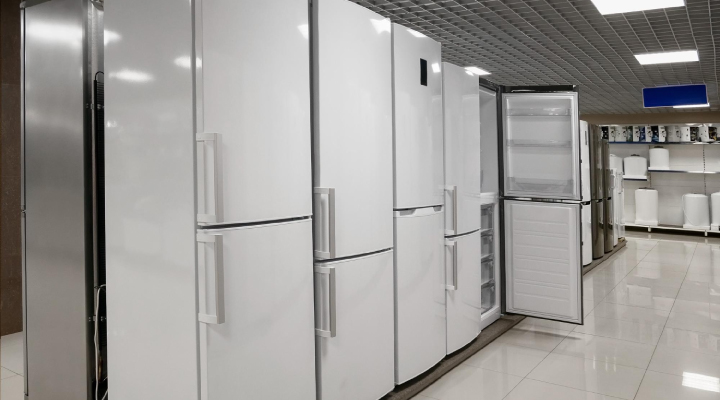The refrigerator is one of the most essential appliances in our homes. Its primary function is to preserve food and keep it fresh, making it a vital tool for daily life. But how long is a refrigerator expected to last? The answer isn’t simple, as it depends on several factors, including the type of refrigerator, its quality, usage, and maintenance. In this article, we will explore global statistics on the average lifespan of refrigerators, along with factors that influence their longevity.
Global Statistics on Refrigerator Lifespan
According to global studies and surveys, the average lifespan of a refrigerator is estimated at around 10 to 15 years. However, some models can last up to 20 years or more with proper maintenance. Here are some specific statistics that provide a better idea of refrigerator longevity:
- Global Average: Most brands and manufacturers agree that a refrigerator can last between 10 and 15 years. According to a survey conducted by the National Association of Home Builders (NAHB) in the United States, 95% of respondents indicated that their refrigerator lasted at least 10 years before showing significant issues.
- Geographical Factors: In developing countries, where electricity quality and maintenance may be problematic, the average refrigerator lifespan may be lower, ranging from 7 to 10 years. In contrast, in countries with higher manufacturing standards and better maintenance practices—such as Japan and Germany—some high-end models may last up to 20 years.
- Type of Refrigerator: Statistics show that lifespan also varies depending on the refrigerator type. For example:
- Single-door refrigerators: 10 to 15 years.
- Double-door refrigerators: 10 to 15 years.
- Side-by-side refrigerators: 12 to 15 years.
- High-end refrigerators: up to 20 years, depending on the brand and model.
- Usage Conditions: A 2020 study by Consumer Reports found that 60% of refrigerator owners who followed a regular maintenance schedule reported their appliances lasted more than 15 years. In contrast, those who did not perform regular maintenance experienced significant issues after an average of 9 years.
Factors That Affect Refrigerator Lifespan
1. Brand and Model Quality
The quality of the manufacturer and the specific model play a crucial role in a refrigerator’s lifespan. Well-known brands tend to use higher-quality components and offer longer warranties.
2. Regular Maintenance
Preventive maintenance is essential. Cleaning the condenser coils, checking door seals, and ensuring the refrigerator is level are practices that can extend its lifespan.
3. Proper Use
Excessive or improper use of the refrigerator can shorten its lifespan. For example, frequently opening the door or overloading the appliance can strain the compressor.
4. Environmental Conditions
The location of the refrigerator also affects its performance. A refrigerator placed in a warm or humid area may wear out more quickly. Likewise, irregular power supply can impact its functioning.
5. Energy Consumption
Older refrigerators tend to consume more energy and may experience more stress. Newer models, especially those with energy efficiency certifications, tend to have longer lifespans.
Signs That Your Refrigerator Is Failing
Knowing when it’s time to consider repairing or replacing a refrigerator is crucial. Some warning signs include:
- Unusual Noises: Strange sounds may indicate problems with the compressor or fan.
- Condensation: Water or ice buildup inside the refrigerator can indicate issues with the door seals or cooling system.
- Inconsistent Temperatures: If food isn’t staying cold, the compressor may not be functioning properly.
- Increased Energy Bills: A refrigerator that uses more energy than usual may be working harder due to internal issues.
Conclusion
The average lifespan of a refrigerator ranges from 10 to 15 years, although some models can last much longer with proper care and maintenance. Understanding the statistics and factors that affect the longevity of this appliance can help you make informed decisions—whether you’re buying a new refrigerator or maintaining your current one.
Investing in a high-quality refrigerator and following a regular maintenance program not only extends the appliance’s life but also improves energy efficiency, leading to savings on your electricity bills. At the end of the day, a well-maintained refrigerator can be a reliable ally in your kitchen for many years.

